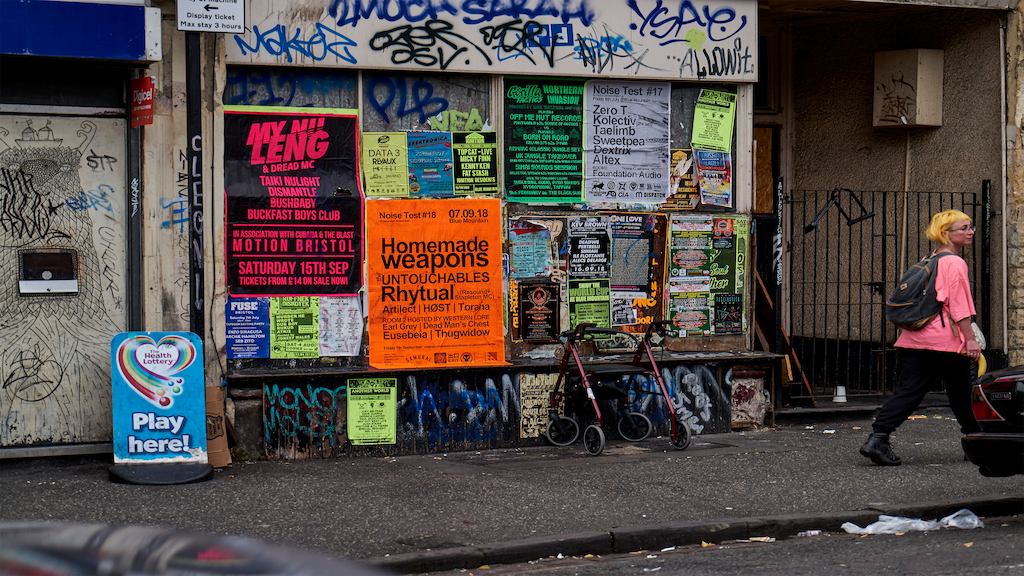People living in poorer communities have been identified as being at a higher risk of dying from COVID-19. Research suggests that people from this background may be at risk from as young as 50, rather than over 70 which is generally highlighted as most at risk. Older people from minority ethnic groups in the UK tend to be at heightened risk of experiencing health and social inequalities and are more likely to be seriously affected by COVID-19 than white people. One survey of patients in intensive care found that 35% of nearly 2,000 patients were from minority ethnic groups, nearly triple the 13% in the UK population as a whole.
We suggest at least three areas of work that need to be developed in the present crisis:
Strengthening communities:
A major gap in the government’s response has been the failure to provide aid to the UK’s poorest communities. These have been hit hard by 10 years of austerity, bearing the brunt of the almost £900 million cuts to public health over the period 2014-2019. Key areas of support for older people provided through voluntary organisations and food banks are being lost, with income substantially reduced as a result of the lockdown. The government should prioritise the needs of older populations living in lower income neighbourhoods through supporting new and existing sources of assistance.
Developing new guidelines on social distancing:
As the COVID-19 crisis continues, fresh guidelines on social distancing will need to be produced. New ways of maintaining social connections will have to be created – and not just through online platforms. Measures need to be taken to prevent the effects of extreme isolation. For example, there will be a pressing need to support the estimated 1 in 10 older people malnourished or at risk of malnutrition.
Ensuring a responsible mass media:
The media has a crucial role to play in the current crisis, especially in challenging images that present old age as a condition of frailty and vulnerability.
Addressing the social and community elements of the virus will help increase the effectiveness of interventions and protect older people living in vulnerable positions. Widening the debate about COVID-19, along the lines highlighted, is an urgent priority.
Written by Tine Buffel, Patty Doran, Camilla Lewis, Chris Phillipson and Sophie Yarker from the Manchester Urban Ageing Research Group

